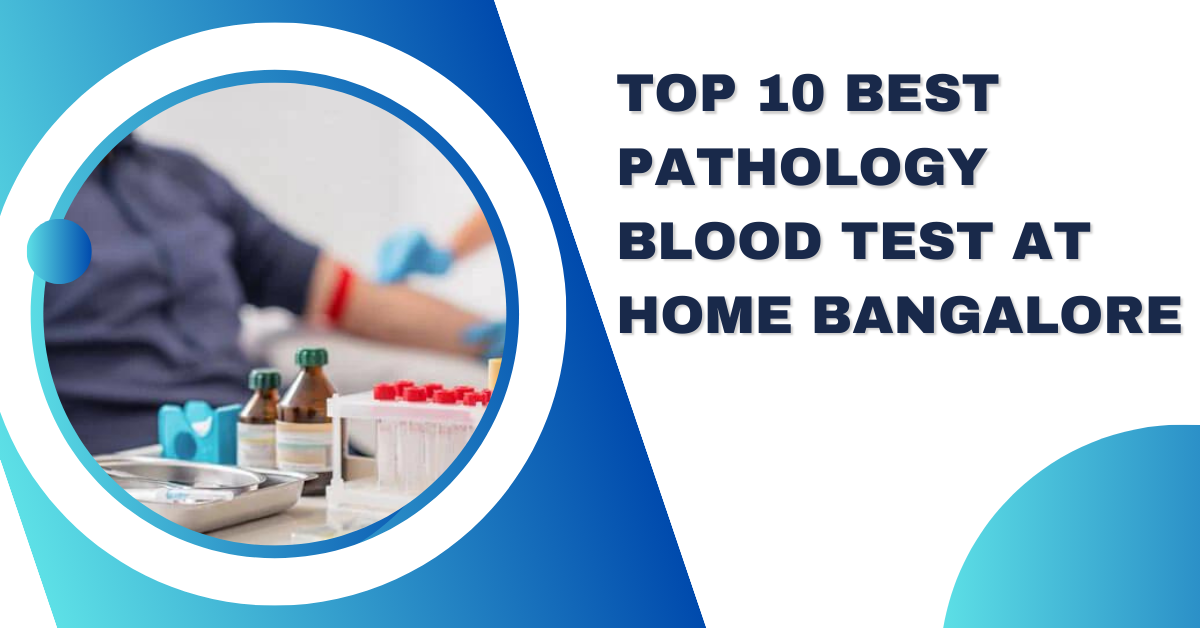Everyone experiences shortness of breath occasionally, but if it occurs when you are not exercising or doing any work, it could be an early warning sign of heart failure. This serious medical condition affects approximately 6.2 million adults in the US, as reported by the CDC (Centers for Disease Control and Prevention). While some decline in energy can be associated with aging, symptoms like fatigue may suggest that your heart is not functioning correctly.
Recognizing the signs of heart failure can be challenging, as they are not always clear. So, how would you know that your heart is failing? In our blog, we will explore the 5 common signs that indicate potential heart failure. Additionally, we will also cover the causes and available medications, such as the option to buy Lipitor online, which can help manage cholesterol levels and prevent any heart risks.
5 Signs Your Heart Is Quietly Failing
Heart failure does not mean that your heart has stopped functioning; rather, it refers to a condition where it struggles to pump blood effectively. The Heart Failure Society of America (HFSA) has introduced a helpful method that goes by the FACES acronym. This method helps patients to quickly recognize the indications of heart failure. These signs include:
F – Fatigue
When the heart struggles to pump sufficient oxygen-rich blood, you may experience fatigue. This type of tiredness goes beyond usual feelings of sleepiness or temporary exhaustion; it’s a continual lack of energy that affects daily functionality and reduces quality of life.
A – Activity Limitation
It is a direct result of fatigue, which might be an early indication of heart failure. The reduced energy levels make it challenging to engage in normal activities. Simple tasks like walking, climbing stairs, or carrying groceries can become difficult.
C – Congestion
Congestion related to heart failure specifically refers to fluid accumulation in the lungs. This can lead to dry cough or wheezing. The fluid in the lungs makes it difficult to breathe normally, giving rise to other symptoms of heart failure.
E – Edema
The lack of heart functioning often leads to poor blood circulation. This, in turn, causes fluid to build up in the lower extremities. As a result, a person might notice swelling in the legs, ankles, and feet. This can result in discomfort and pain, making it difficult to walk or wear shoes.
S – Shortness of Breath
Fluid buildup in the lungs not only causes congestion but also leads to shortness of breath. This often becomes more noticeable when you are lying down because gravity allows the fluid to travel back toward the lungs, making it harder to breathe. This can interrupt sleep and decrease the ability to engage in physical activities.
Conditions That Might Lead to Heart Failure
If you have any of the following conditions, there is a high chance that you might suffer from heart failure:
- CAD (Coronary Artery Disease): This is the most common cause of heart failure. It happens when the blood arteries that provide nutrition, oxygen, and blood to the heart suffer damage. The buildup of fatty deposits in these arteries narrows them, reducing blood flow. This reduced circulation can lead to a heart attack. In such cases, managing cholesterol levels is crucial, and medications like atorvastatin can be beneficial. You can buy atorvastatin online with a prescription to help manage this risk.
- High Blood Pressure (Hypertension): If your blood pressure is consistently high, it forces your heart to work harder to circulate blood through your blood vessels. Over time, this increased workload makes your heart muscle too tight or too weak to pump blood effectively.
- Valve Diseases: Heart valves regulate blood flow through your heart by opening and closing the chamber to let blood in and out. If the valves are damaged, it can affect the flow of blood out of the heart, forcing it to work harder, which may lead to heart failure.
- Arrhythmias: Irregular heart rhythms may cause the heart to beat too fast (tachycardia) or too slow (bradycardia). This results in the pumping of the heart inefficiently, leading to heart failure in some people.
How is Heart Failure Treated?
While there is no foolproof treatment to reverse or cure the failure of the heart, there are certain things that you can do to prevent future heart risks.
Lifestyle Changes
- Keep track of your fluid consumption and take diuretics medicines (help reduce fluid buildup in the body) as prescribed. Limit caffeine to no more than two drinks a day.
- Choose low-sodium foods and avoid adding extra salt to your meals, as salt can cause water retention.
- Avoid smoking as it damages your arteries and decreases the oxygen in your blood.
- Alcohol can weaken your heart. So, limit yourself to one or two drinks a day or avoid drinking.
Medications
- Blood Pressure Medications: Drugs like ACE inhibitors and angiotensin II receptor blockers (ARBs) help lower blood pressure and reduce strain on your heart.
- Beta-Blockers: These medications slow down your heart rate and improve the heart’s pumping strength.
- Diuretics: These medicines are used to help in reducing excess fluid from the body that leads to swelling.
In the end, it is important to talk to your healthcare provider before beginning any medication regimen. After obtaining a proper prescription and guidance, always remember to order drugs from Canada to ensure you get safe and effective medications.
Other Treatments
Treatments are based on the severity of your condition. Below are some of the treatment options for heart patients:
- Implantable Cardioverter Defibrillator (ICD): This device is implanted inside the patient’s body to detect and correct irregular heart rhythms.
- Pacemaker: A tiny device that electrically stimulates the heart to maintain a steady rhythm.
- Bypass Surgery: It is a procedure that improves the blood flow to your heart.
- Heart Valve Surgery: Done to repair or replace the damaged heart valves to improve heart function.
Conclusion
Heart failure is a complex cardiovascular disease that demands immediate attention to both symptoms and treatment options. If you experience unusual shortness of breath, fatigue, or other signs described in the FACES acronym, it’s crucial to consult a medical professional. While it is not possible to fully reverse the heart failure risk, adopting lifestyle changes, taking appropriate medications, and considering surgical options can improve the condition of your heart. For those prescribed cholesterol-lowering medications, you can buy atorvastatin online from a reputable source as part of your treatment plan.



